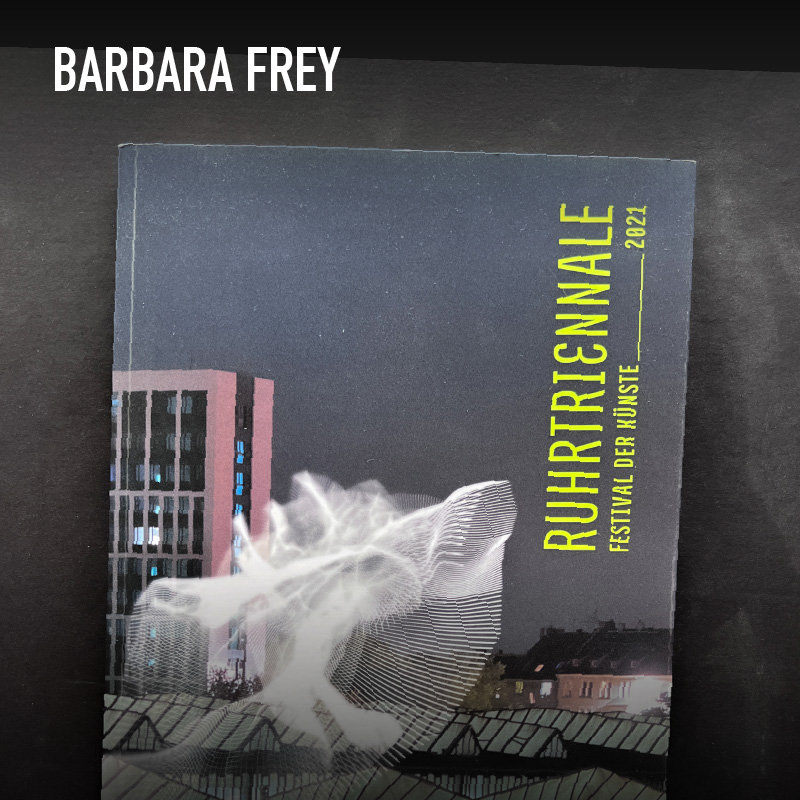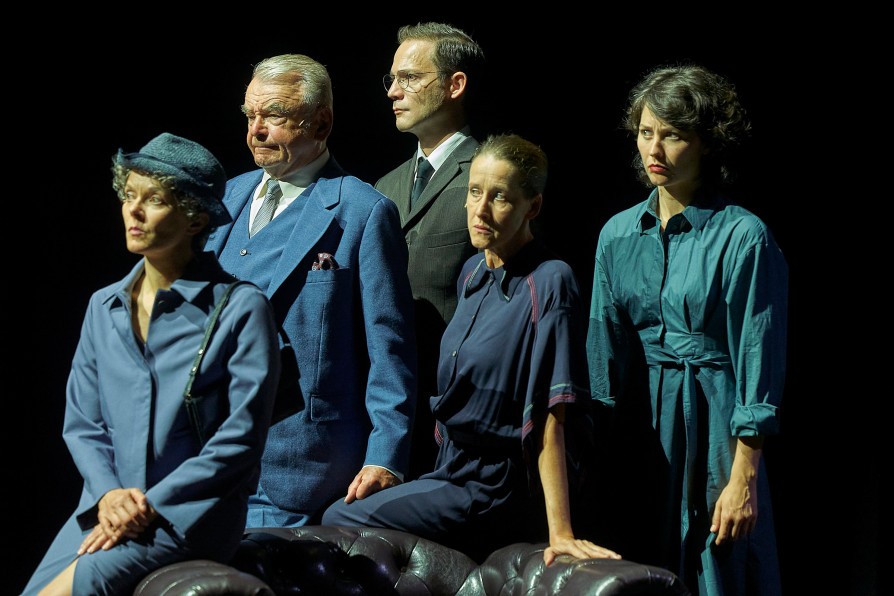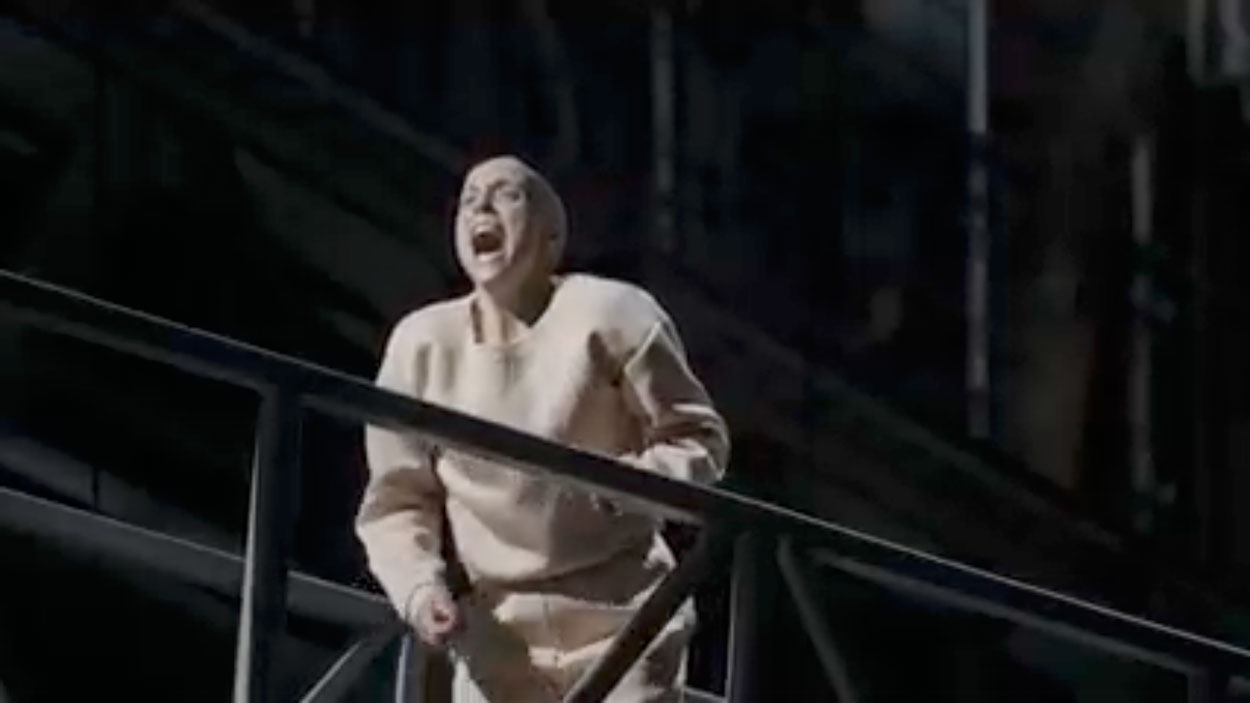Ruhrtriennale 21-23

Background information on the Triennial
In 2021, there will once again be a change in the artistic direction: The artistic director for the Ruhrtriennale 2021 – 2023 is Barbara Frey, who, as a proven drama director, will take over the opening of the festival herself in the Maschinenhalle Gladbeck with Der Untergang des Hauses Usher.
As always, premieres in dance, music theater, performance and installations follow throughout the Ruhr region. In the Jahrhunderthalle Bochum, this includes the musical theater Bählamms Fest. The production of the Irish collective Dead Centre follows the oppressive plot about the life of a family in the countryside with impressive images and surreal scenes. This premiere is accompanied by the commissioning of not one but two new creative venues on the same site. The first is the festival library with book recommendations from the artists of the season, and the second is the Poplar Forest Canteen. Those who had already written off the poplars – once elevated to the status of a baroque garden – are taught a much better lesson: with few resources, a formerly inhospitable place has been transformed into a romantic meeting place.
For many visitors, A Divine Comedy by Florentina Holzinger is certainly one of the most moving performances of the season. In the Kraftzentrale Duisburg, a venture takes place: courageous and artistically elaborate, something is dared there. Rarely has a female perspective on the world come onto the Ruhrtriennale stage with so much power and imagination (honestly, perhaps never before).
A gem of contemplative power takes place at the Museum Folkwang: The Life Work by Danish choreographer Mette Ingvartsen. It is touching to experience how four old Japanese women calmly act in minute movements in an atmospherically dense space, while memories of their long lives become audible from offstage. Memories of growing up, in turn, are “on display” in the Turbinenhalle Bochum: In the video installation 21, Mats Staub portrays narrators as listeners to their own words. One of the few commissioned compositions of veritable length in the festival’s history is D – I – E by Michael Wertmüller. We take our seats on swivel chairs in close proximity to the conductor Titus Engel and surrounded by four groups of musicians. An experience of community that has become rare in the epidemic.
Source: RUHRTRIENNALE












